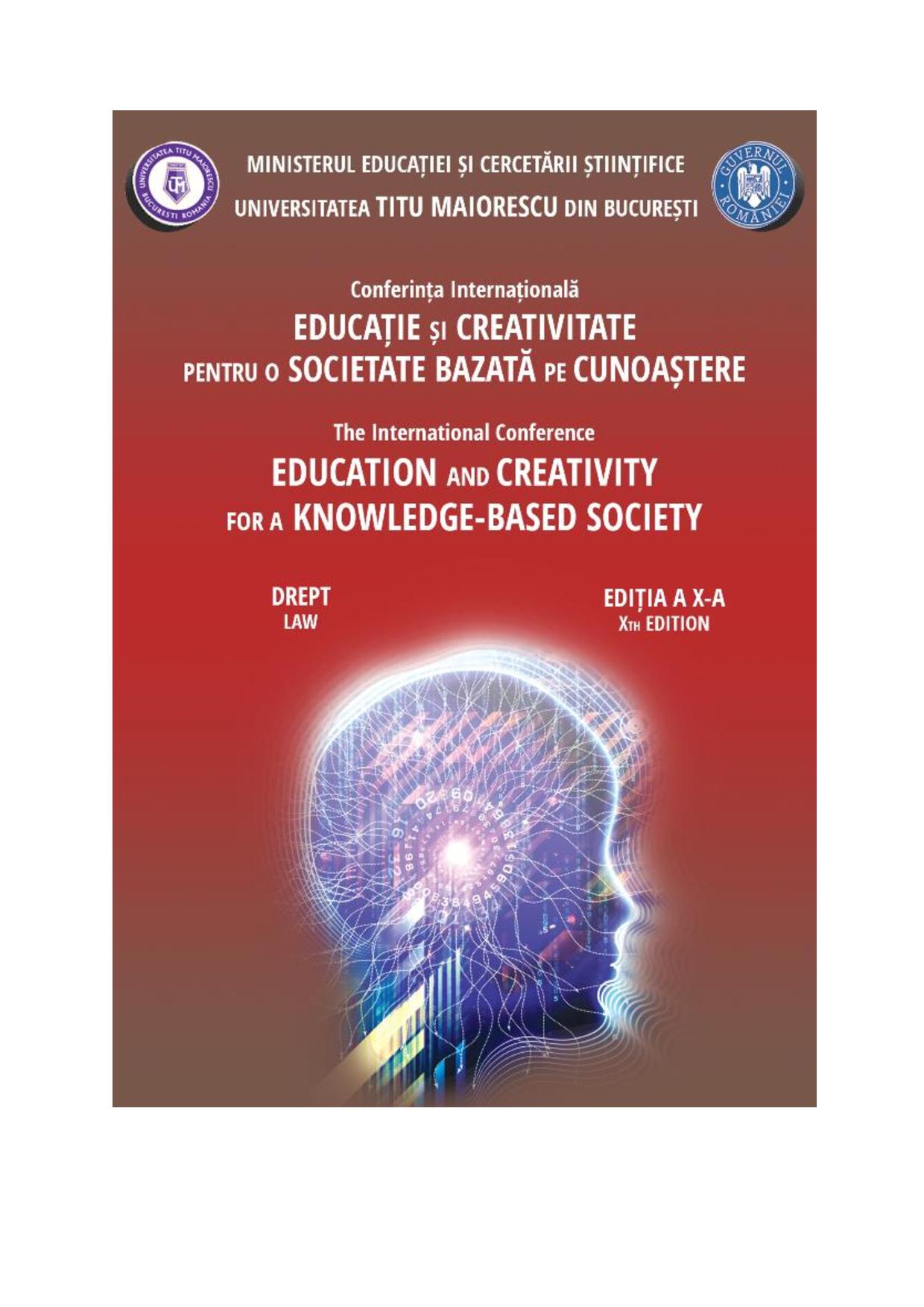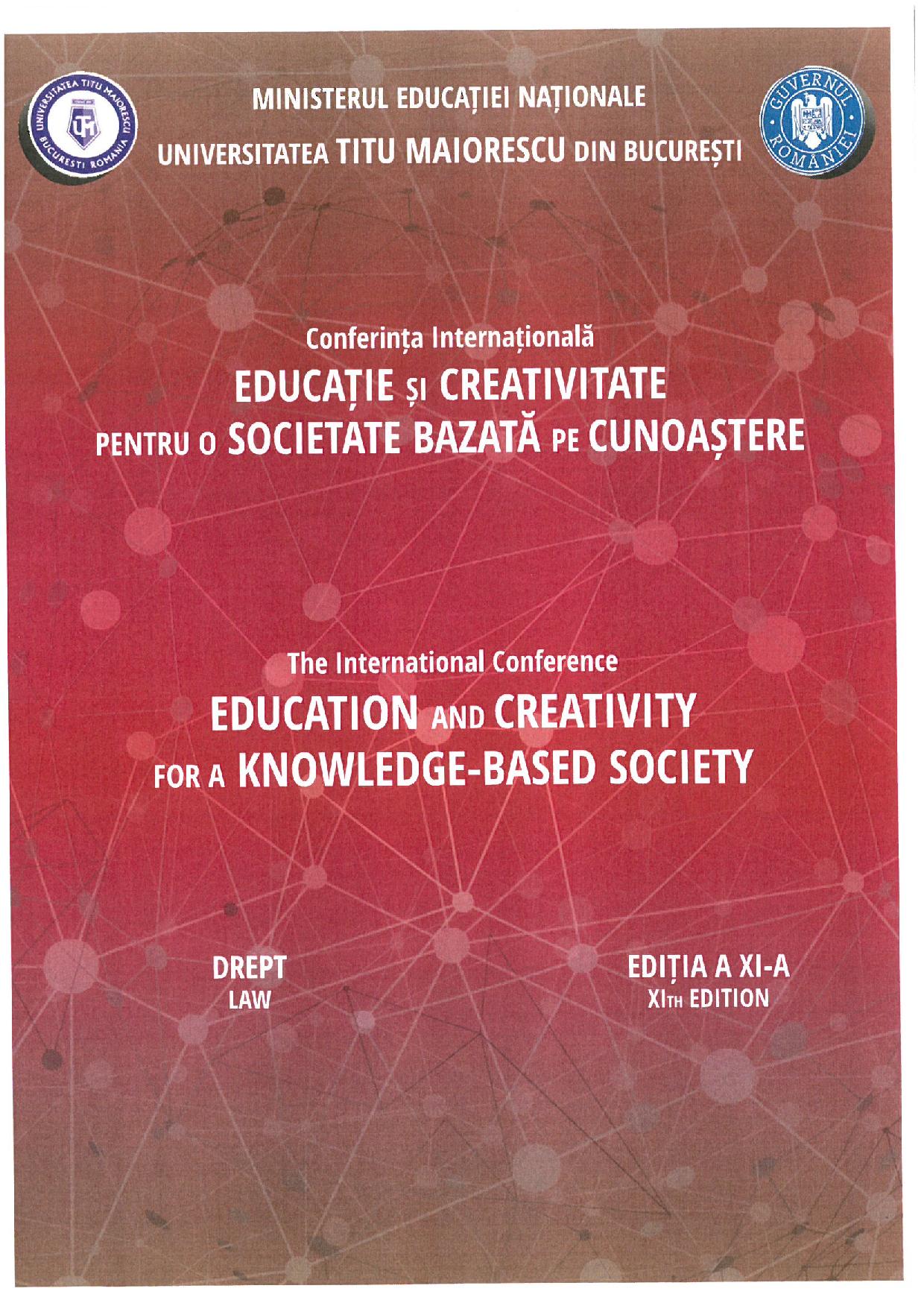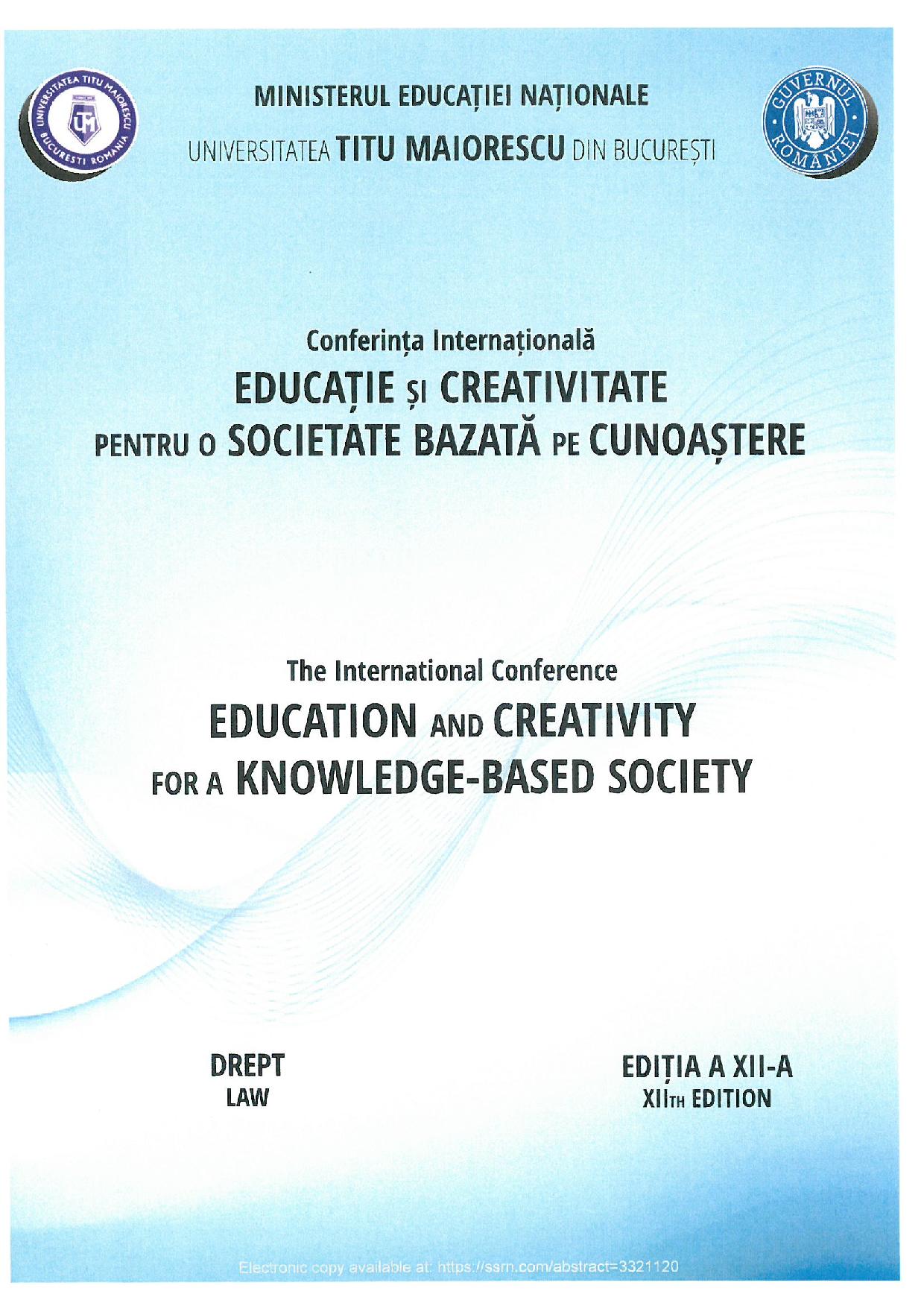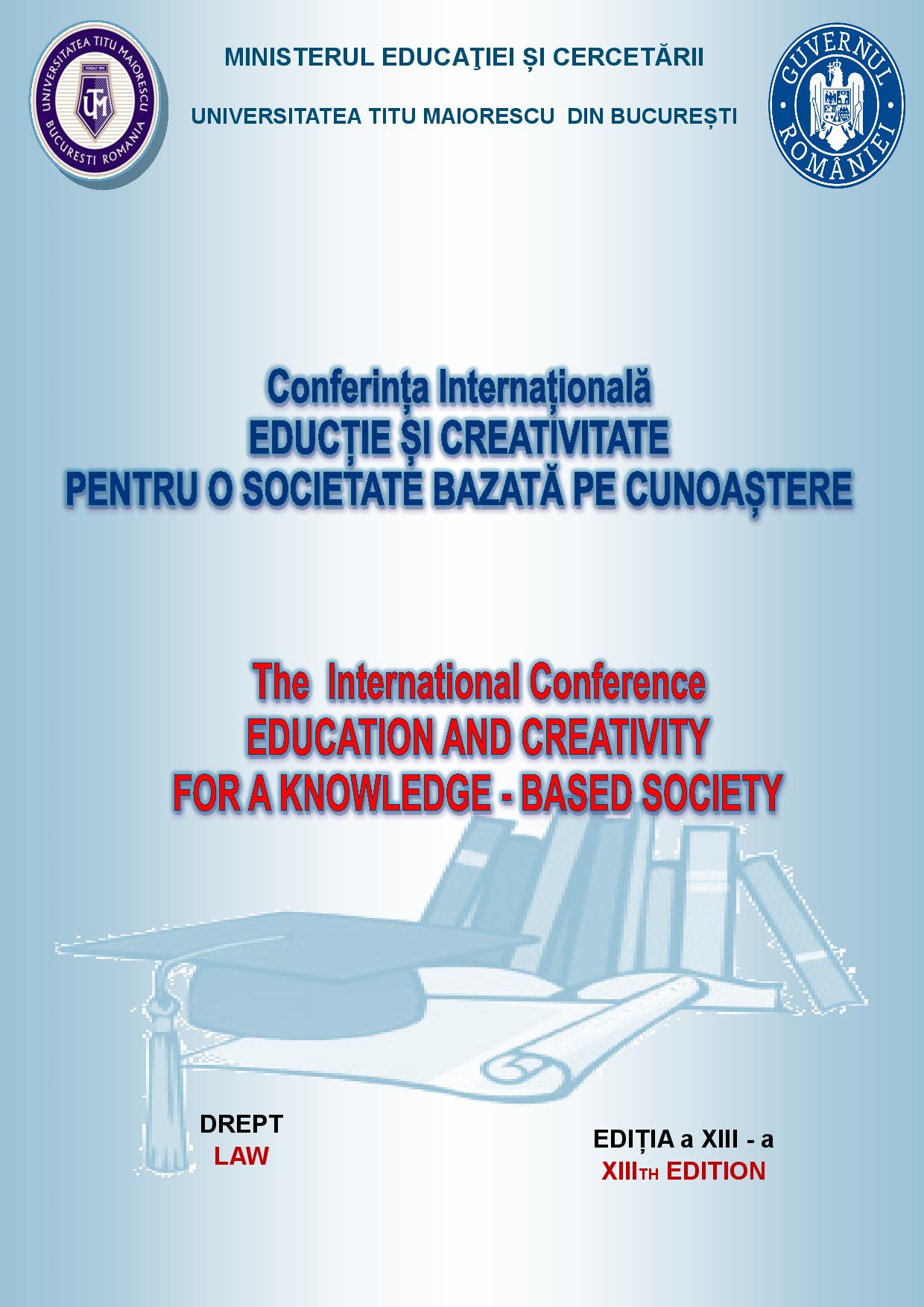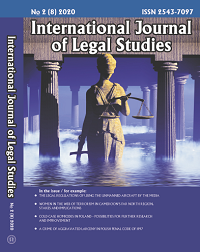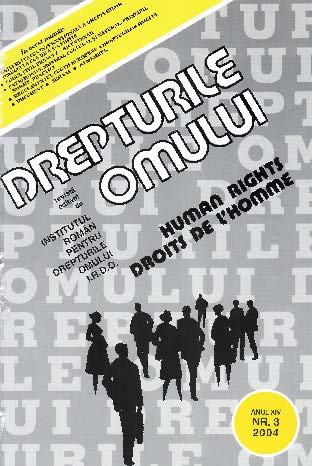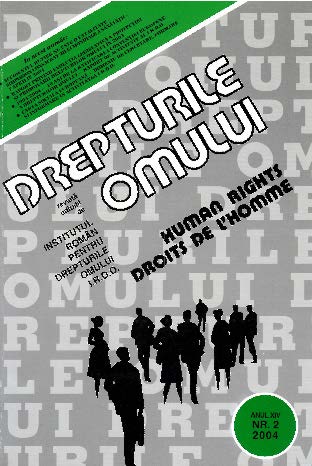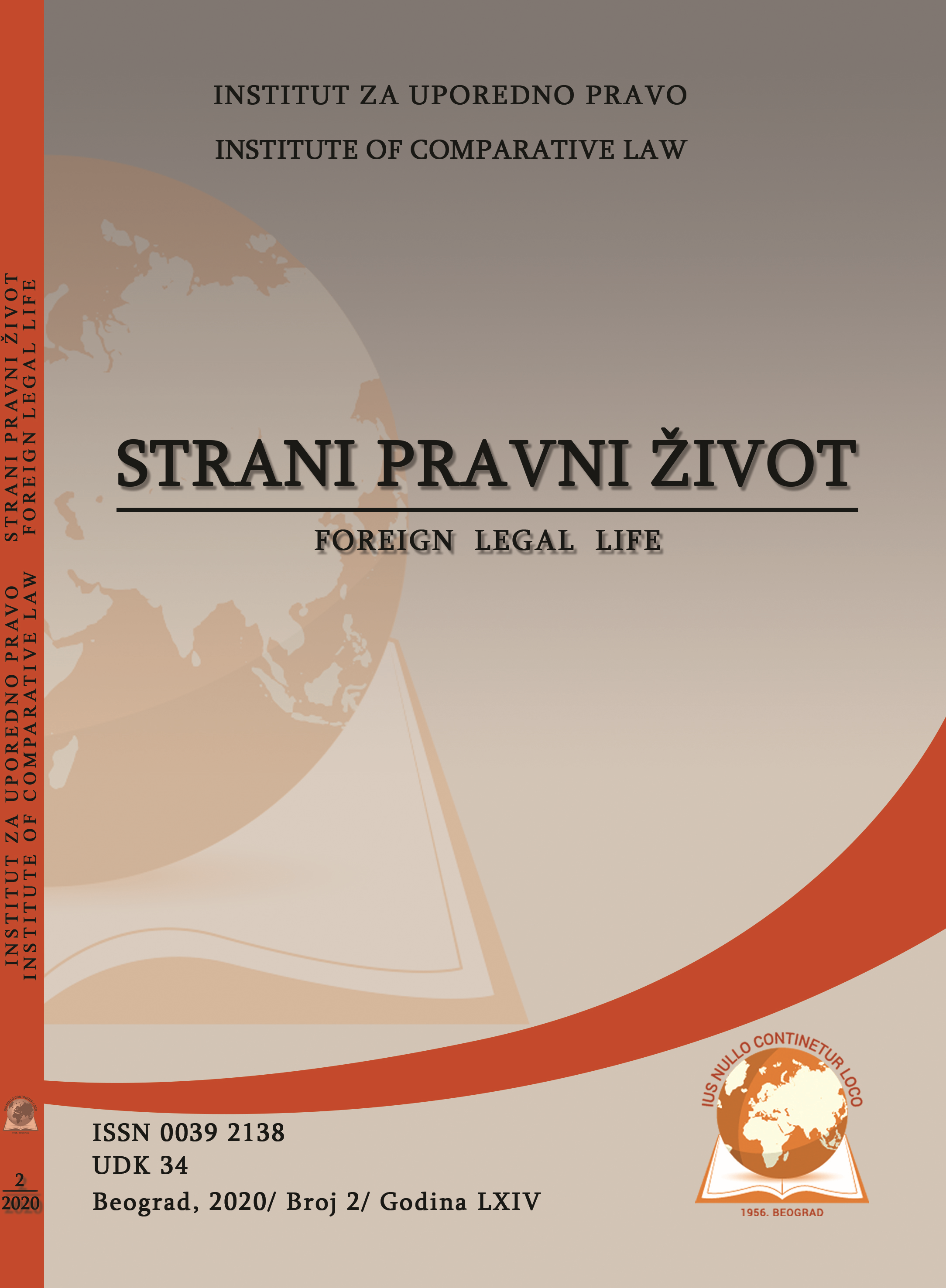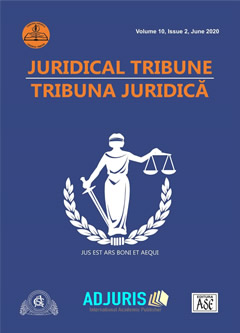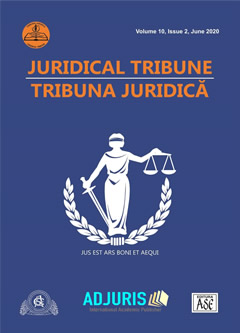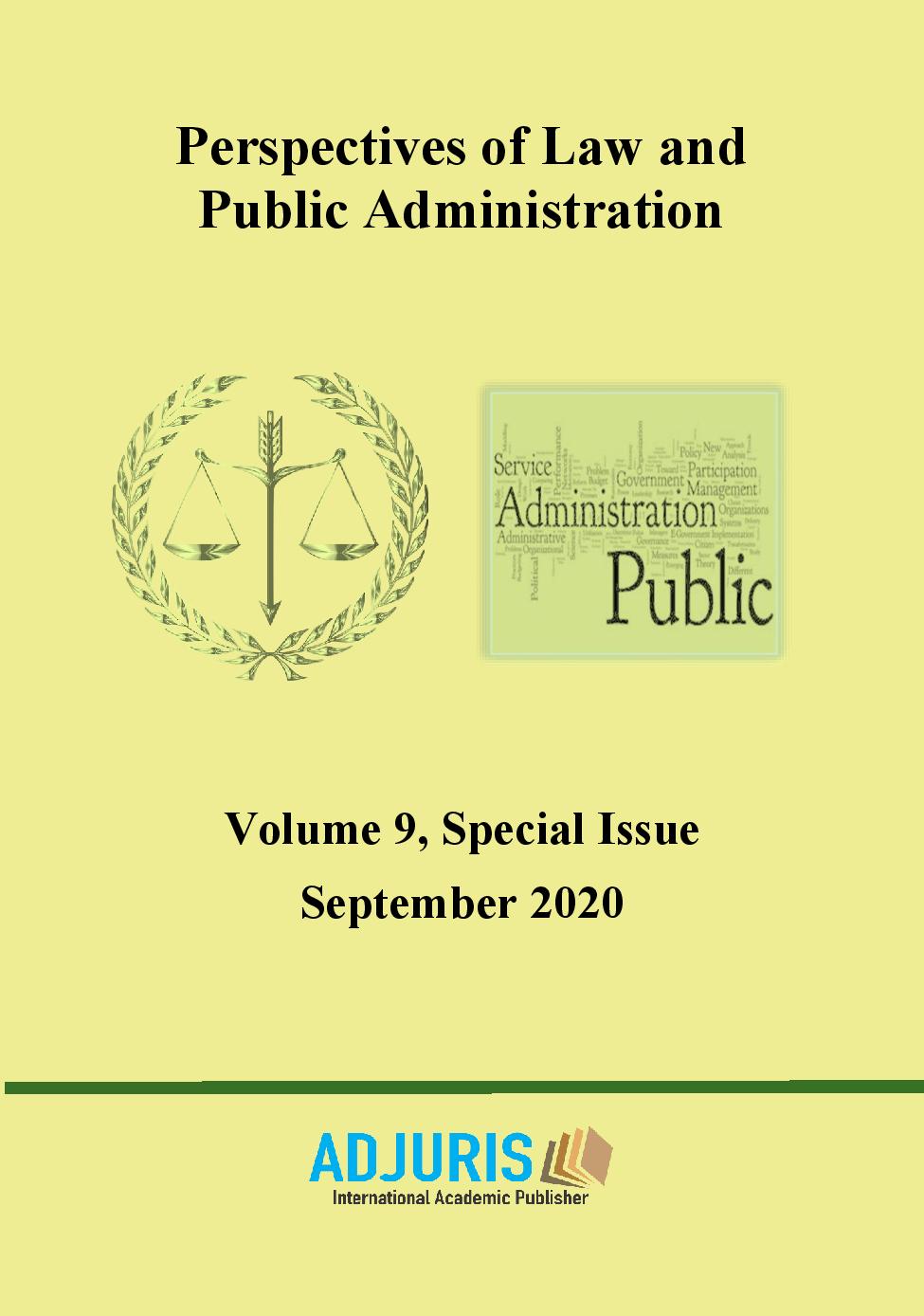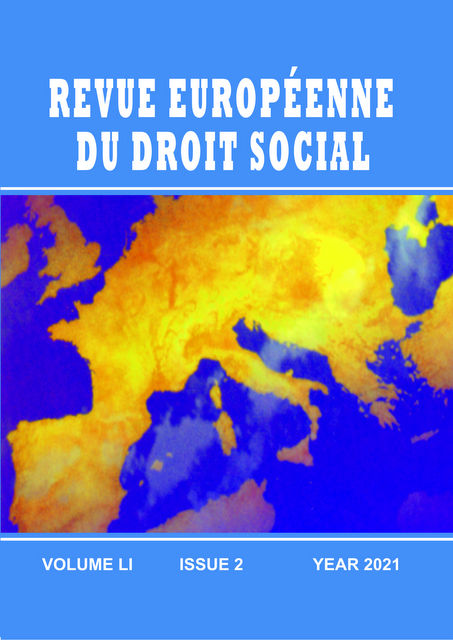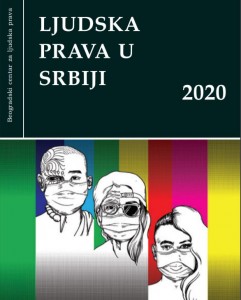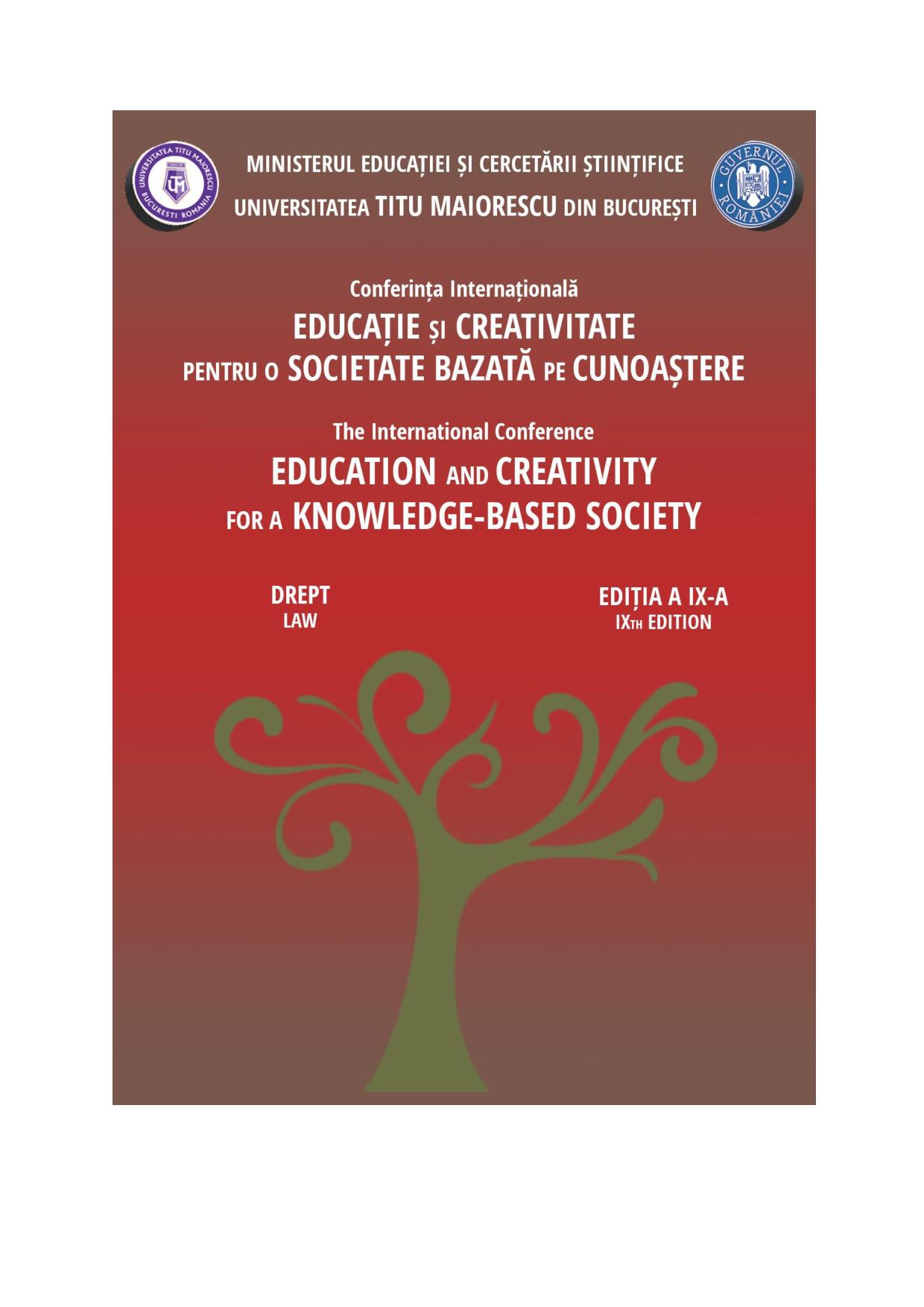
INTERPRETATION AND EXTENSIVE APPLICATION OF ART. 8 OF THE EUROPEAN CONVENTION ON HUMAN RIGHTS IN THE RECENT JURISPRUDENCE OF THE ECHR
Article 8 imposes the right to respect the private and family life, home and correspondence of any person, establishing also a positive obligation on public authorities to protect and help promote this right by adopting any measures needed to prevent or combat infringements of it. Recent jurisprudence of the ECHR revealed some new situations where art. 8 finds its applicability, taking into account the normative content of this article and the substance of the right protected.
More...
